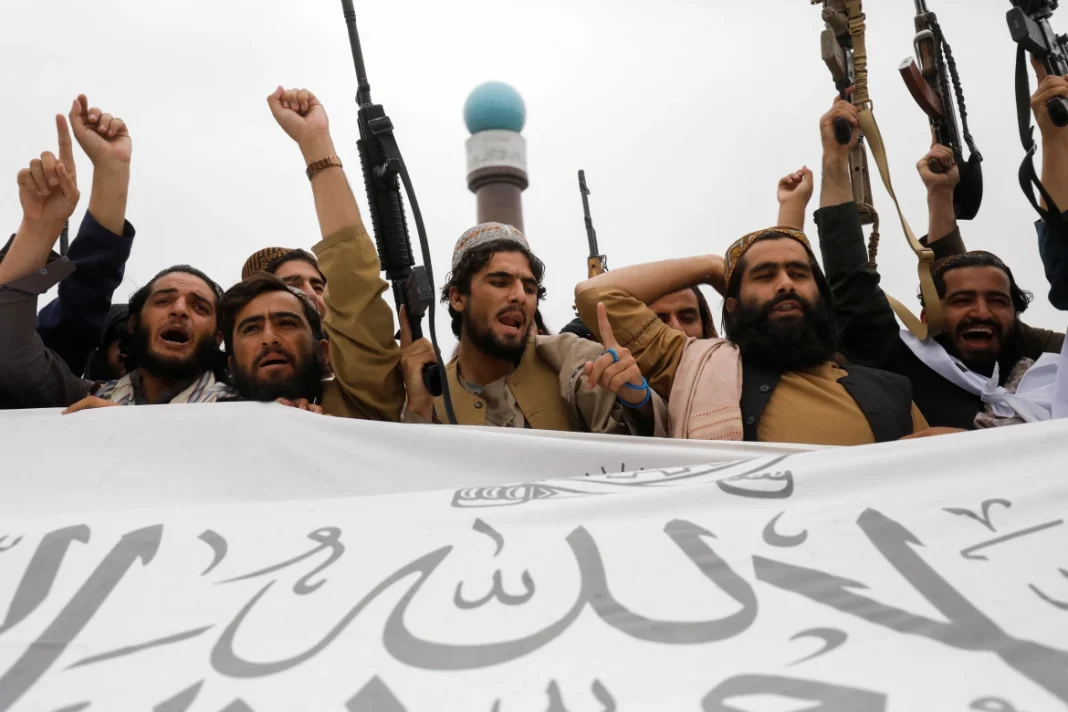The Joe Biden administration’s special representative for Afghanistan, Thomas West, and special envoy for Afghan Women, Girls, and Human Rights, Rina Amiri, will travel on Wednesday for visits to Astana, Kazakhstan, and Doha, Qatar.
US and Taliban representatives signed a peace agreement in February 2020. The Taliban, who waged a two-decade insurgency against the US, took control of the country in August 2021, after the US’s withdrawal.
In the agreement, the Taliban-run Islamic emirate government committed to counter terrorism threats, establish an “inclusive Islamic” government and respect human rights, including allowing women to attend school.
In December, the Taliban banned Afghan women from universities and employment at NGOs. The decision brought widespread condemnation from the international community, including from Muslim countries.
Since withdrawing from the country and the Taliban declaring victory and taking control of Kabul, Washington has had limited engagement with the Taliban. No country has yet to recognise the Taliban’s government.
The Biden administration froze $7bn in funds belonging to the Afghan central bank and announced in September 2022 that half of these funds would be distributed between the families of the victims of the 9/11 attacks, while the other half would be placed in an “Afghan Fund” and would be run by Swiss government officials and Afghan economic experts.
Afghanistan, meanwhile, is in desperate need of cash. The country’s gross domestic product plummeted 20 percent following the Taliban takeover after the US withdrawal.
Foreign aid, which accounted for 95 percent of the government’s budget under the previous administration, has dried up. It is estimated that 95 percent of the population does not have enough to eat.
The meeting comes as some experts have called for the US to reengage with the Taliban.
At an event hosted by the Middle East Institute in July, Douglas London, who formerly served as the CIA’s counterterrorism chief for South and Southwest Asia, said he “would like to see the United States have an official presence on the ground, not just in Kabul, but particularly in Kandahar, where leadership decisions are being made”.
There are also some signs that the Taliban are being courted by Washington’s top geopolitical foe.
In May, China’s then-foreign minister, Qin Gang, met Afghanistan’s acting foreign minister, Amir Khan Muttaqi, to make plans for Afghanistan to join the Belt and Road Initiative, a massive infrastructure project led by China that aims to stretch around the world.
But the Taliban remain isolated.
A UN-convened meeting on Afghanistan next month will not focus on the possible international recognition of the Taliban administration, a UN spokesperson has stressed, after comments by the deputy UN chief sparked concern and confusion.
After a senior UN official suggested that a UN meeting on the country could find “baby steps to put us back on the pathway to recognition” of the Taliban, a UN spokesperson said that was not the UN’s focus.
